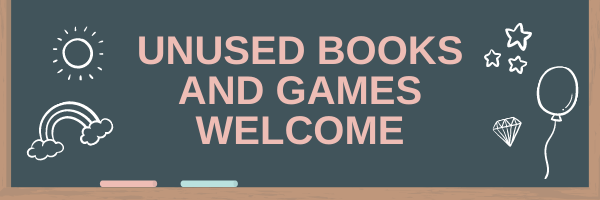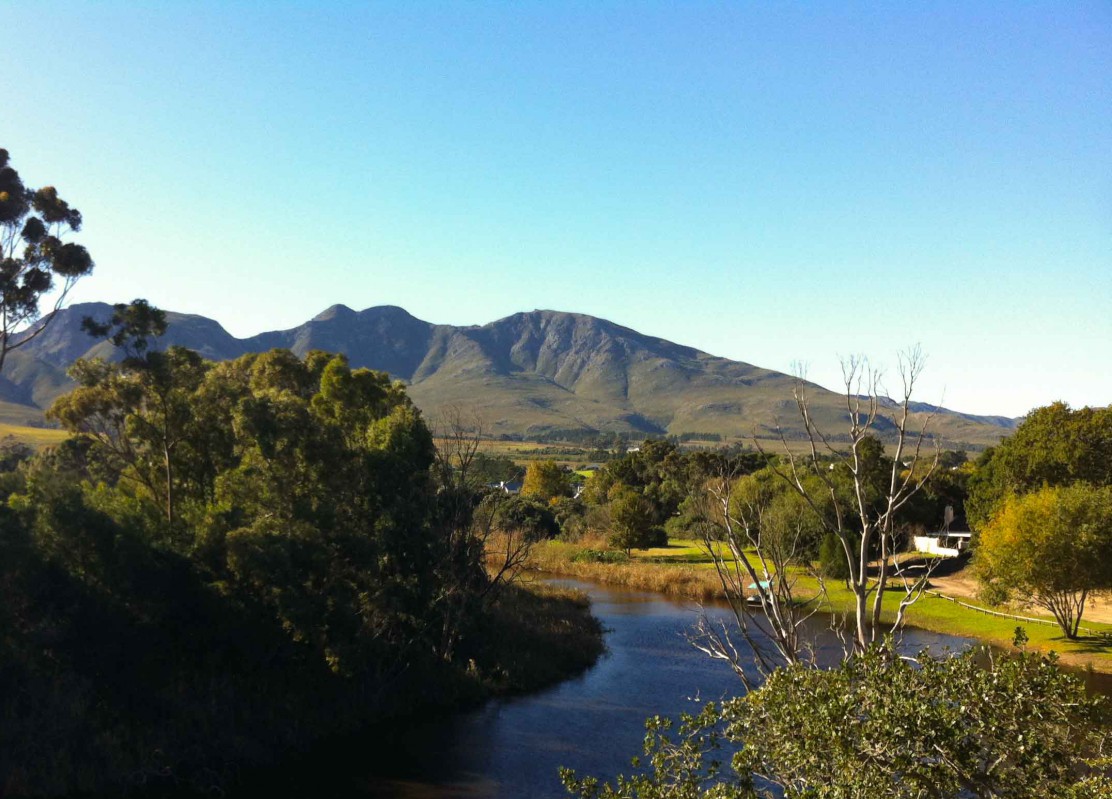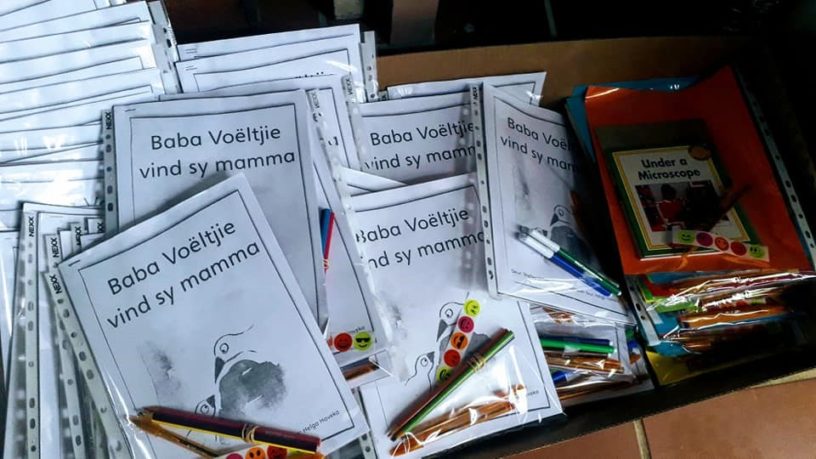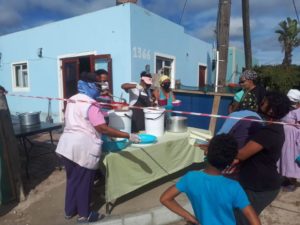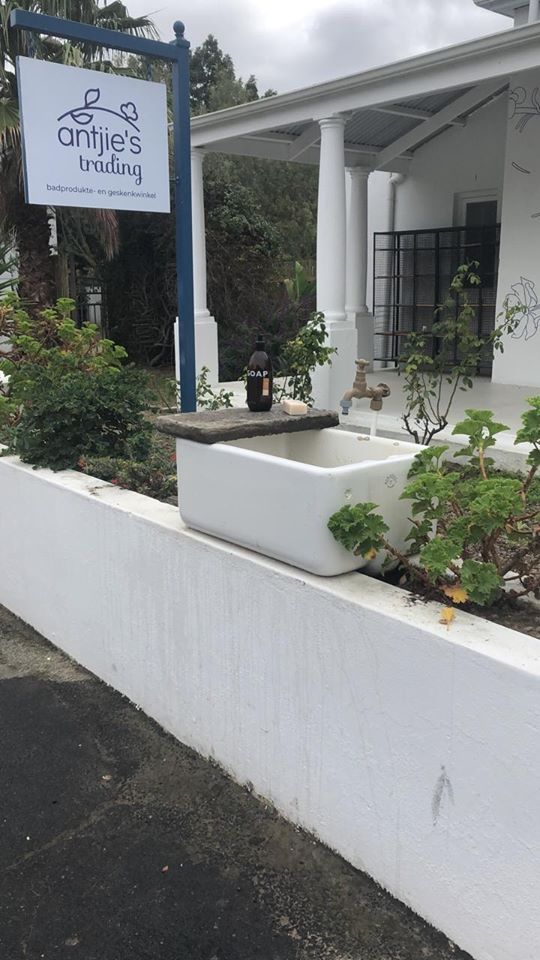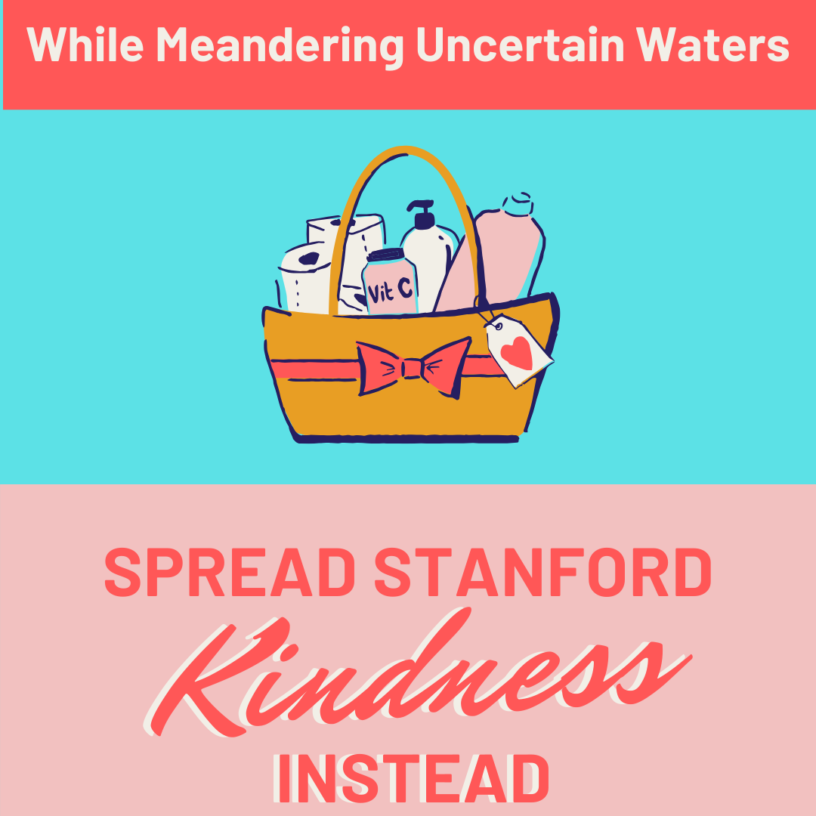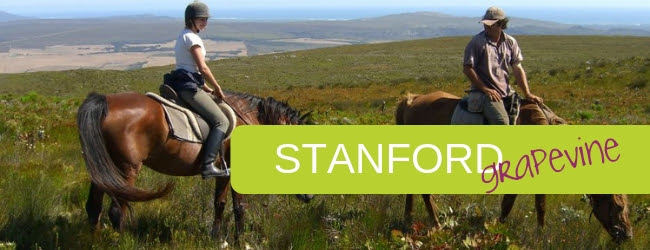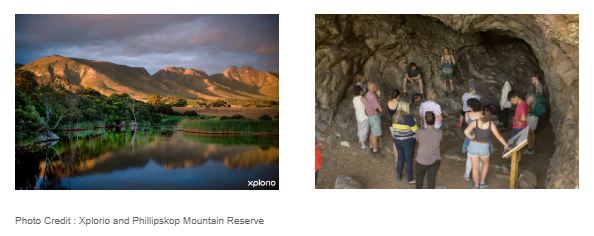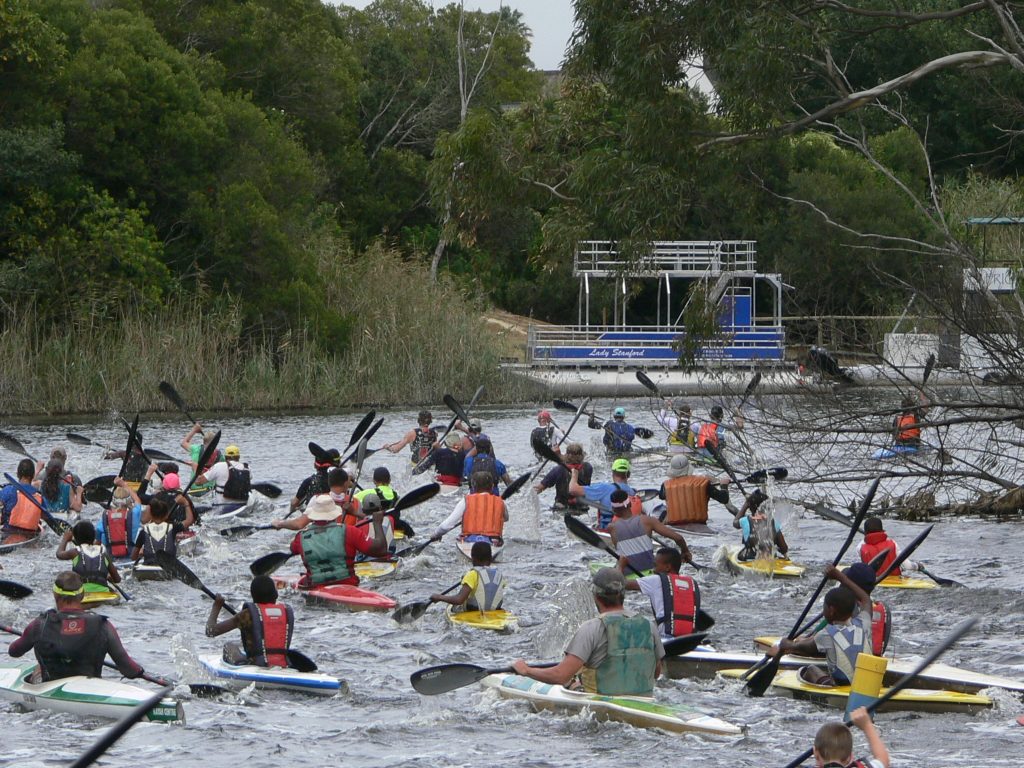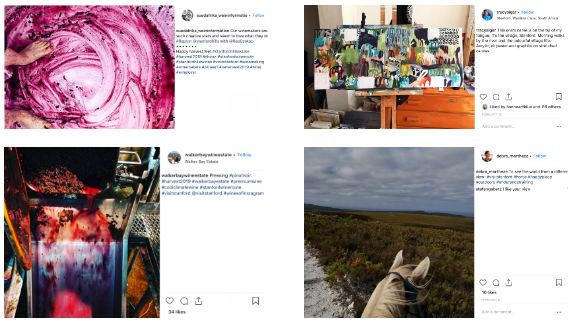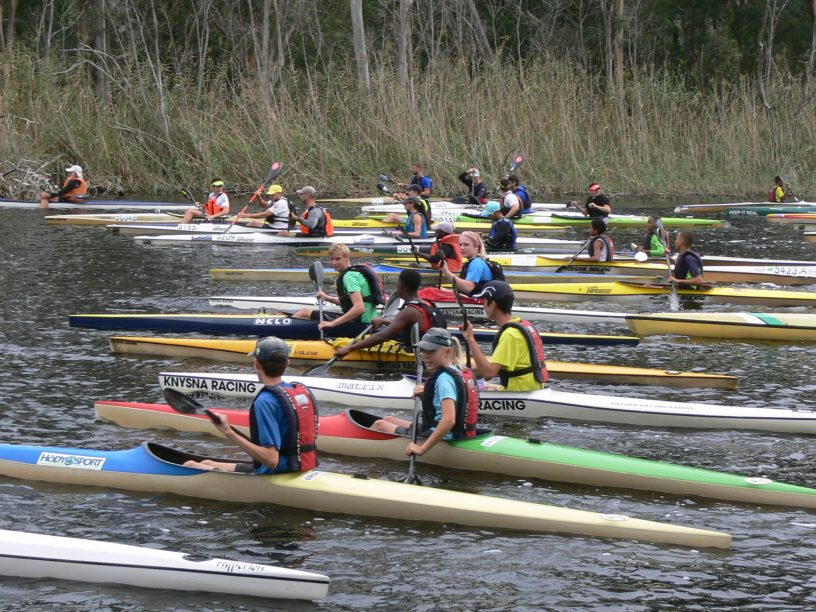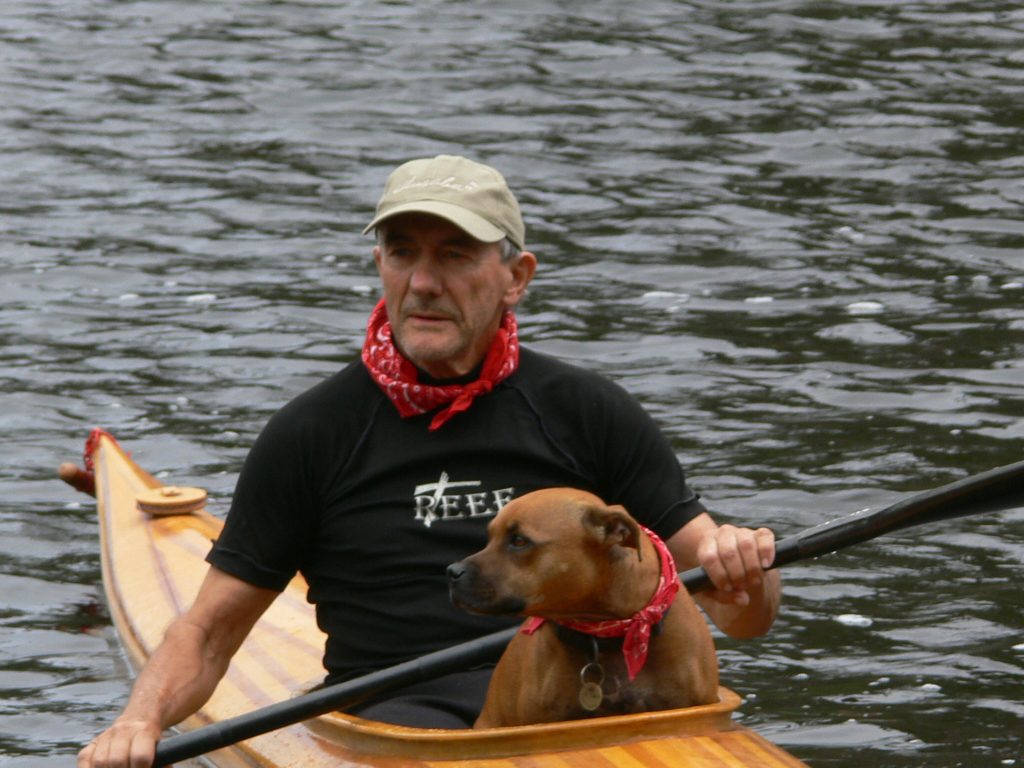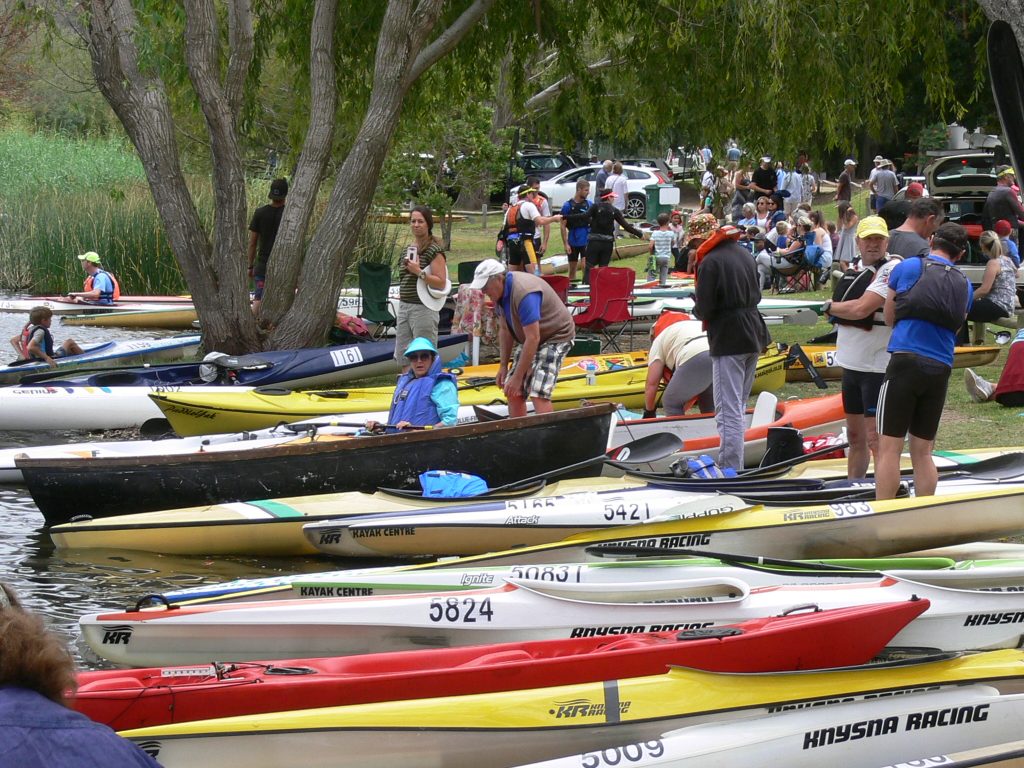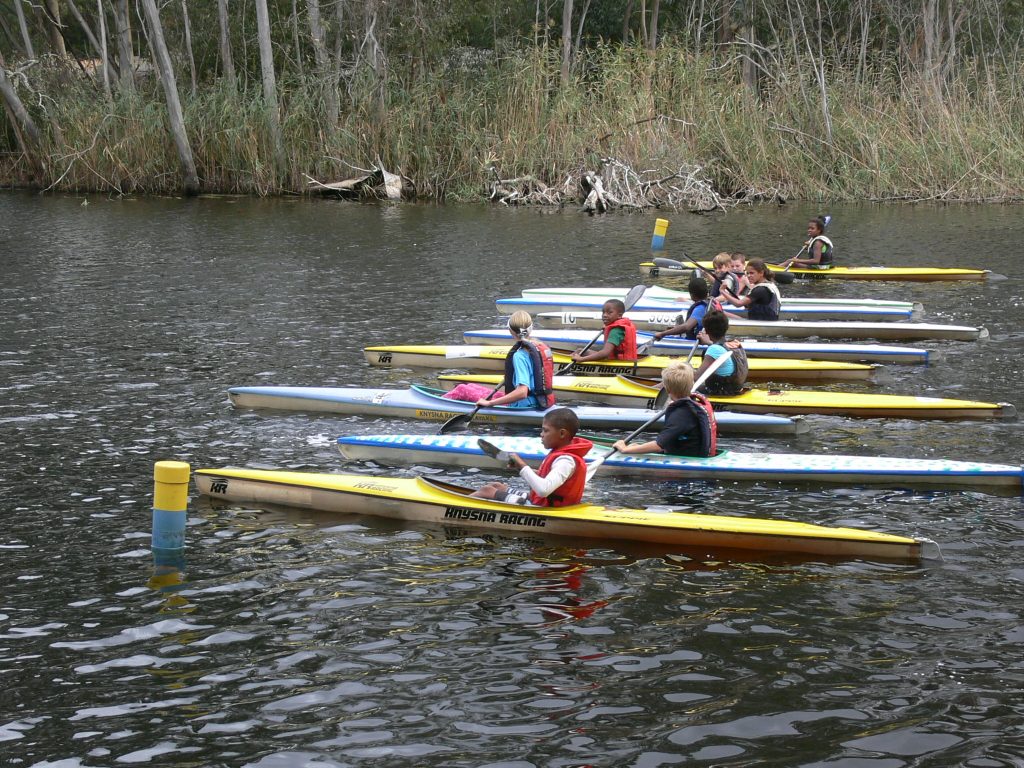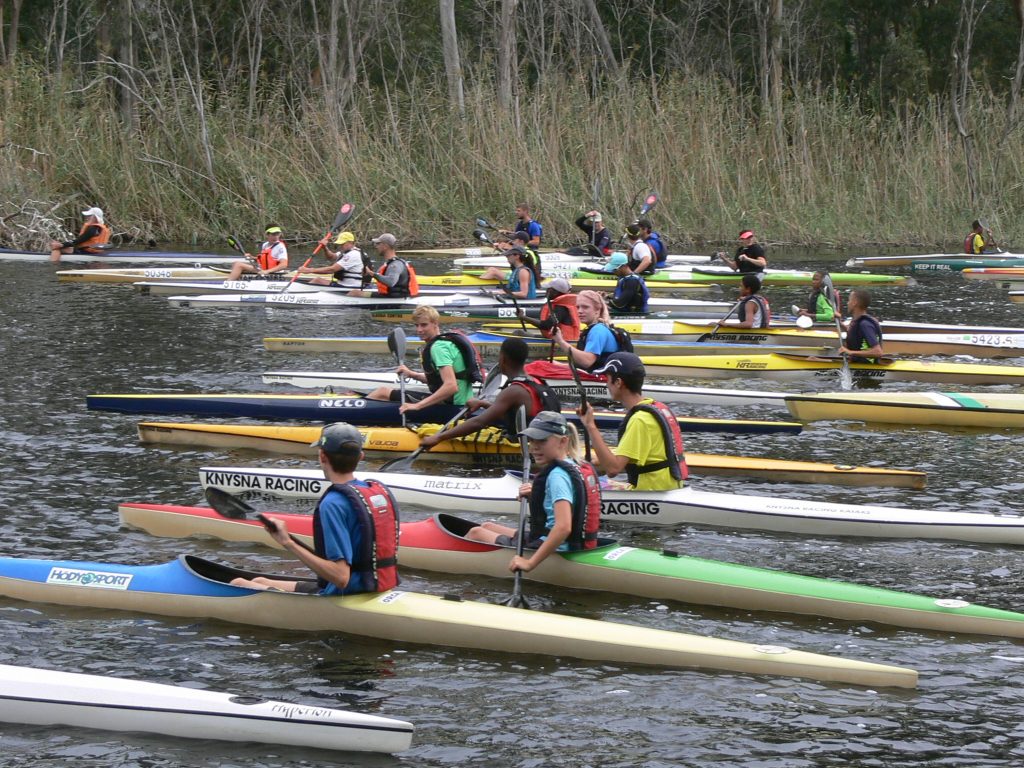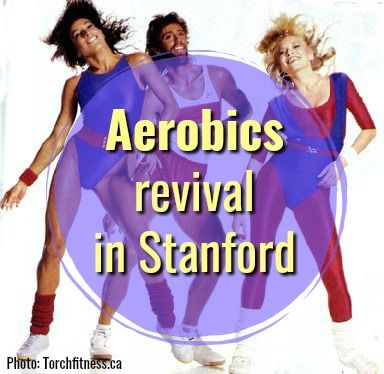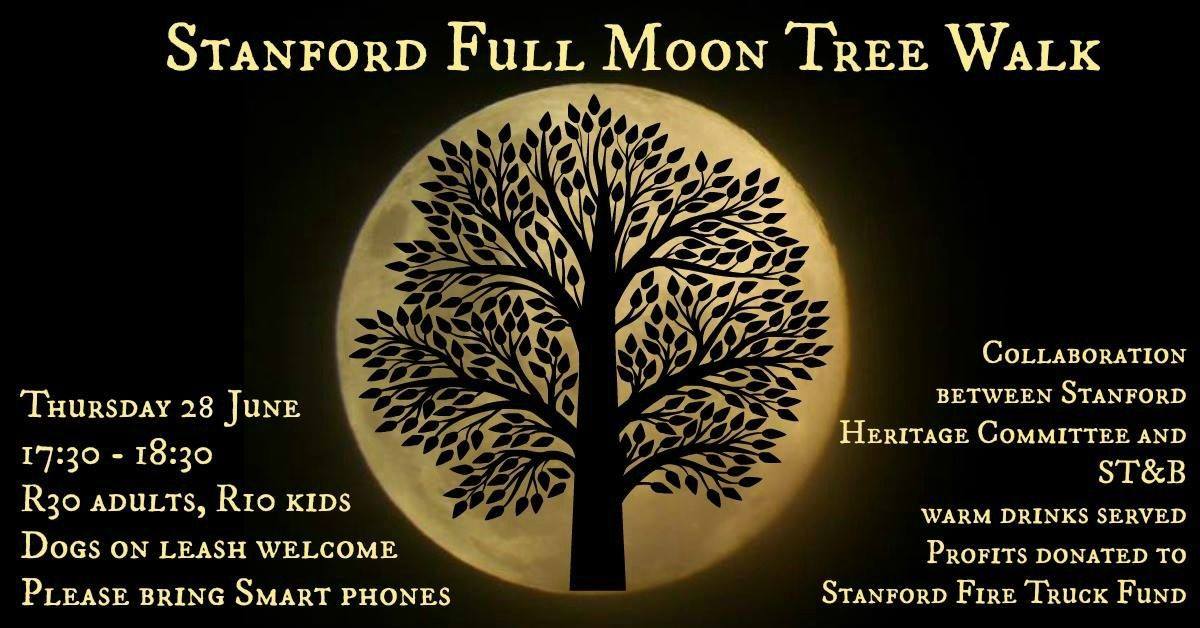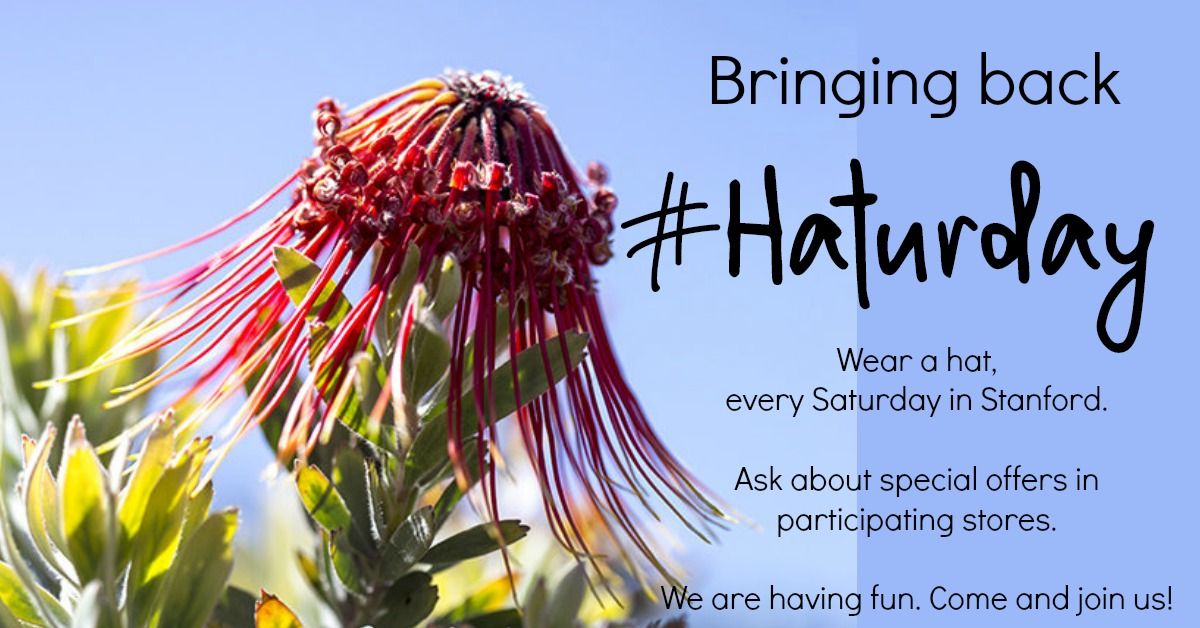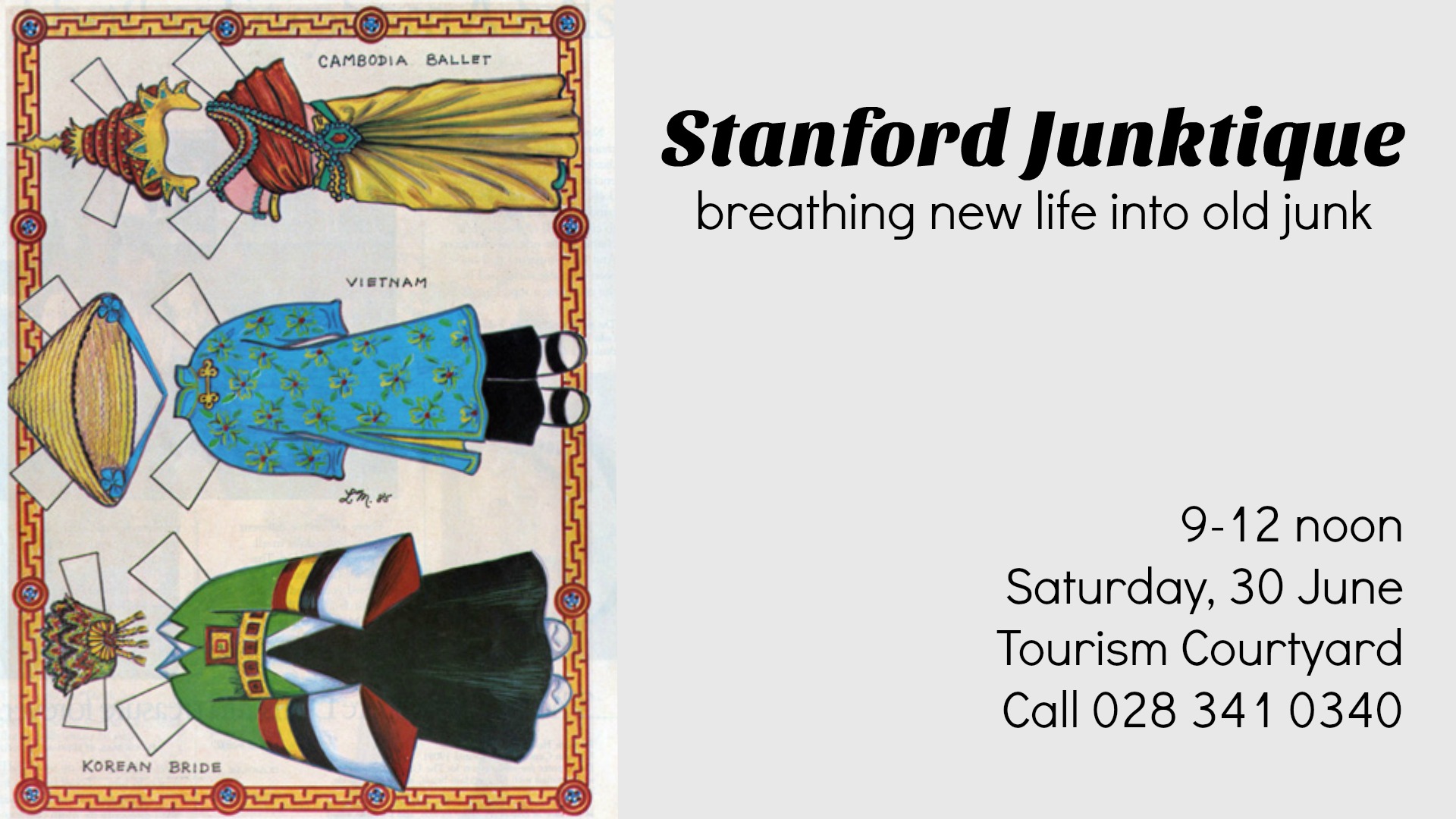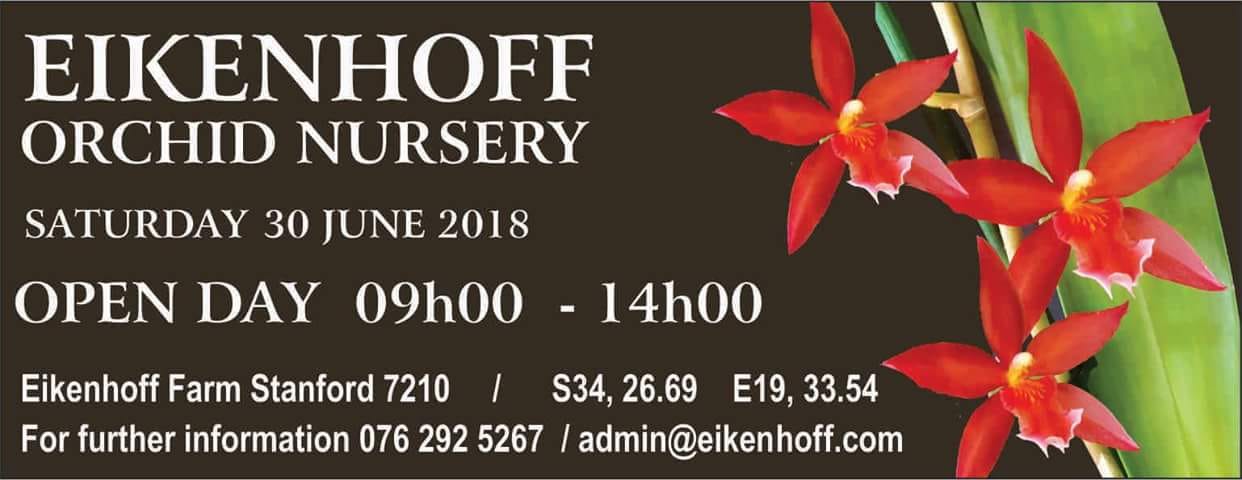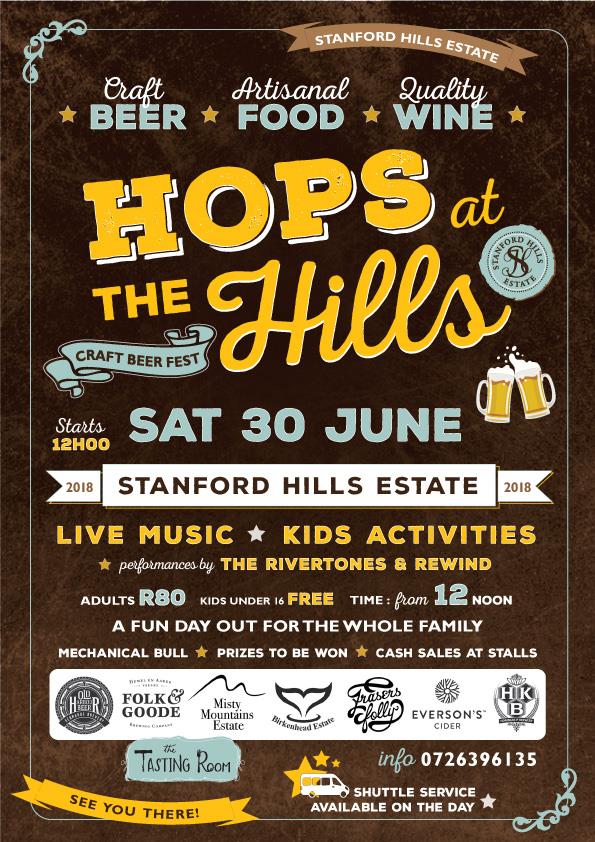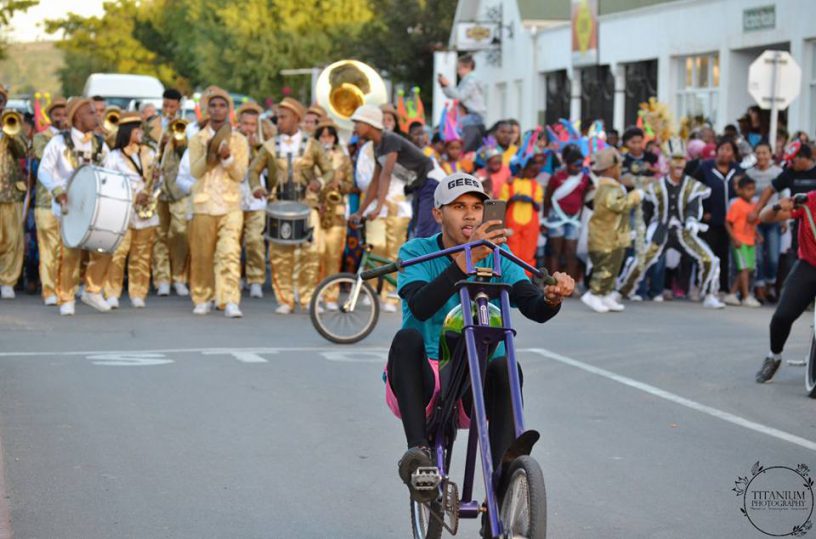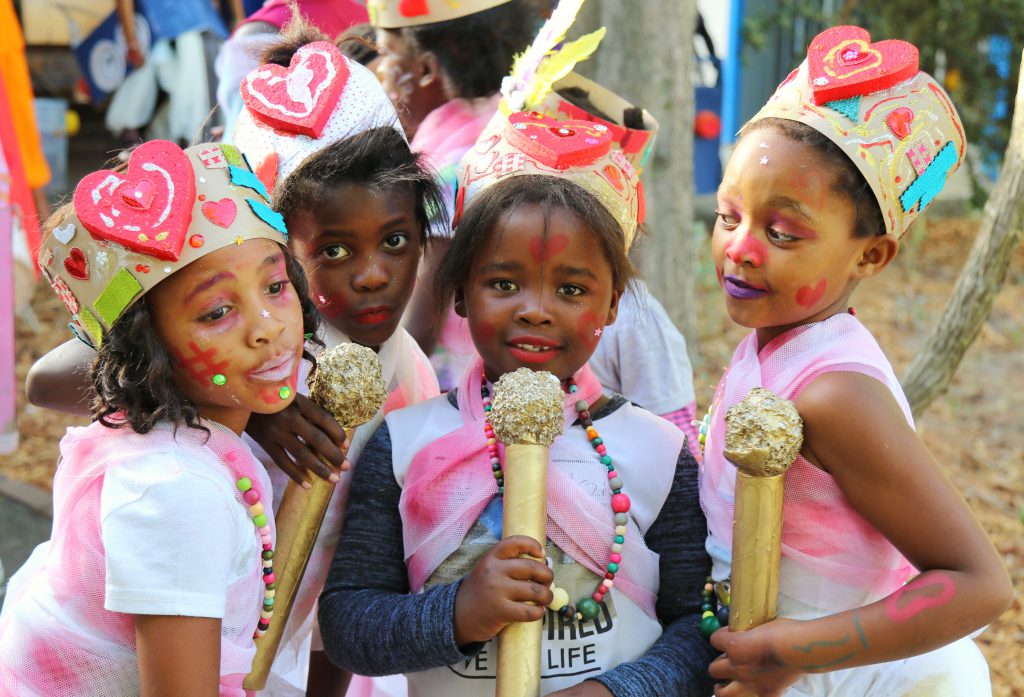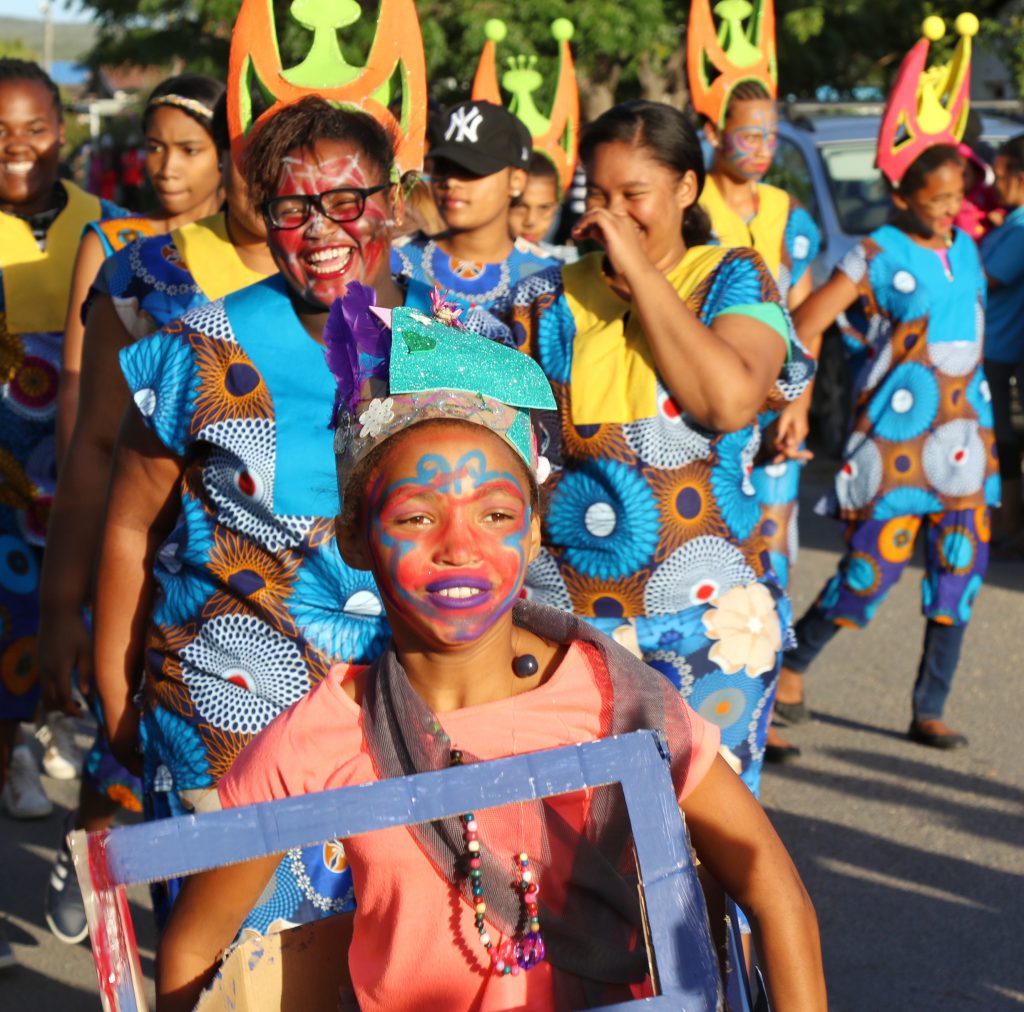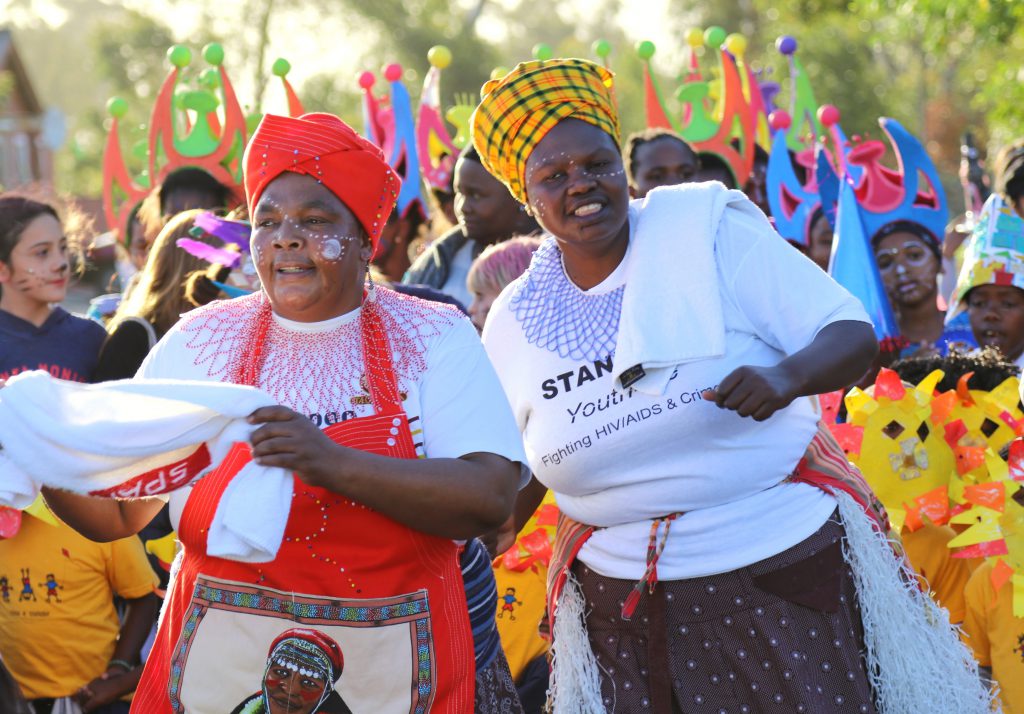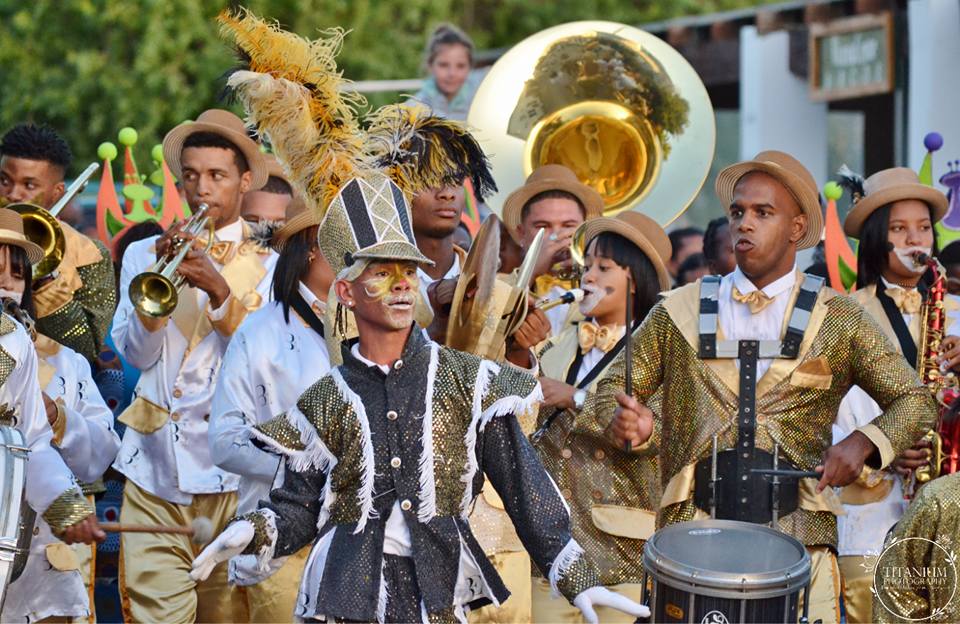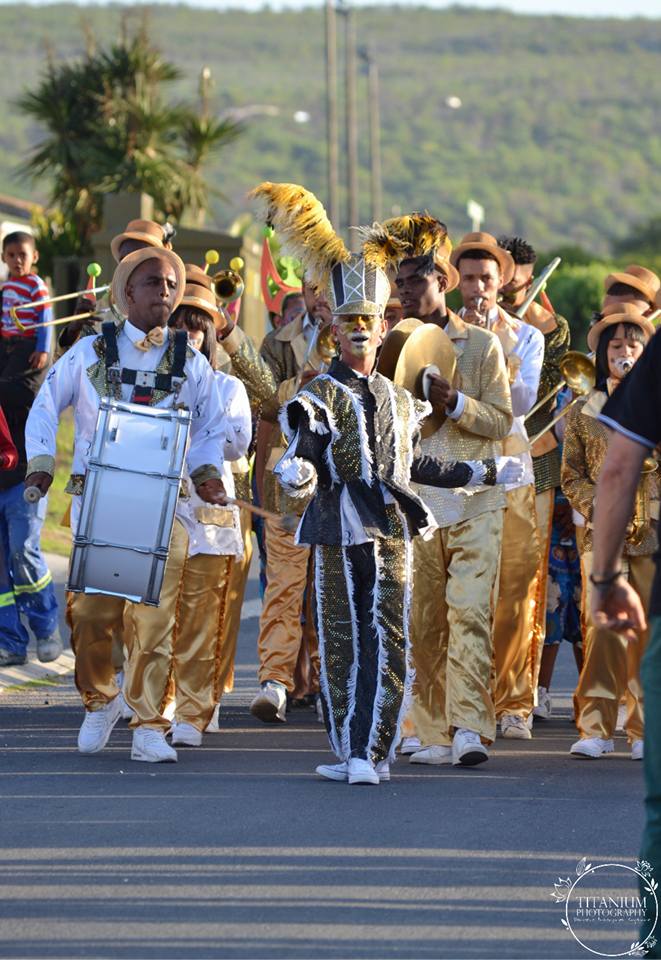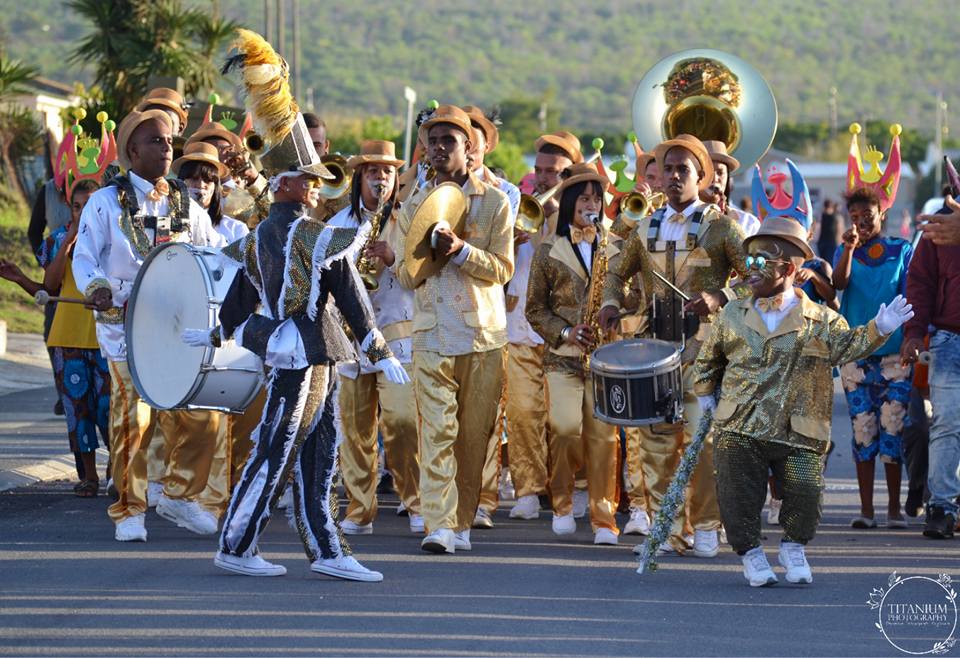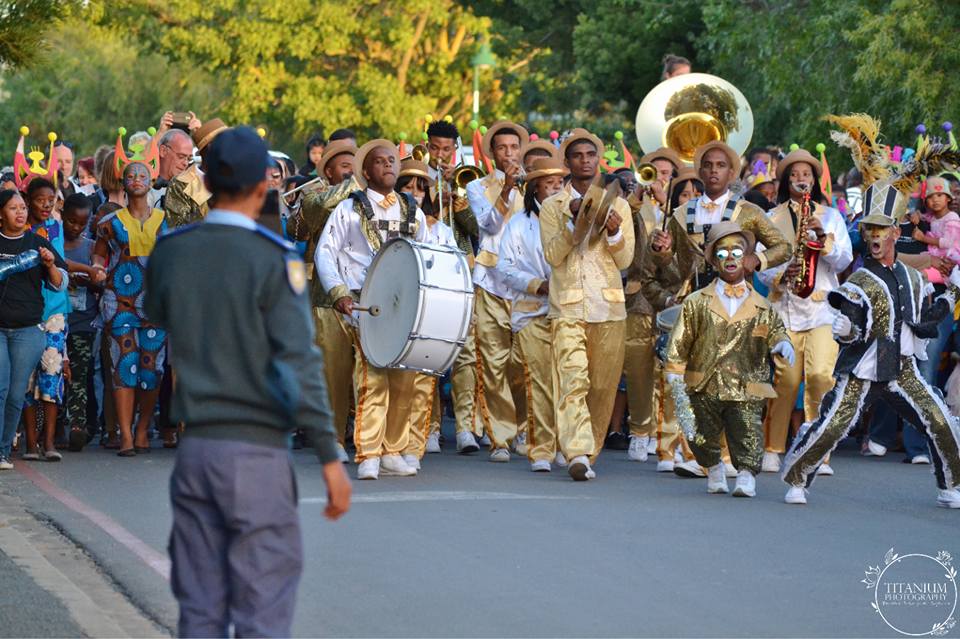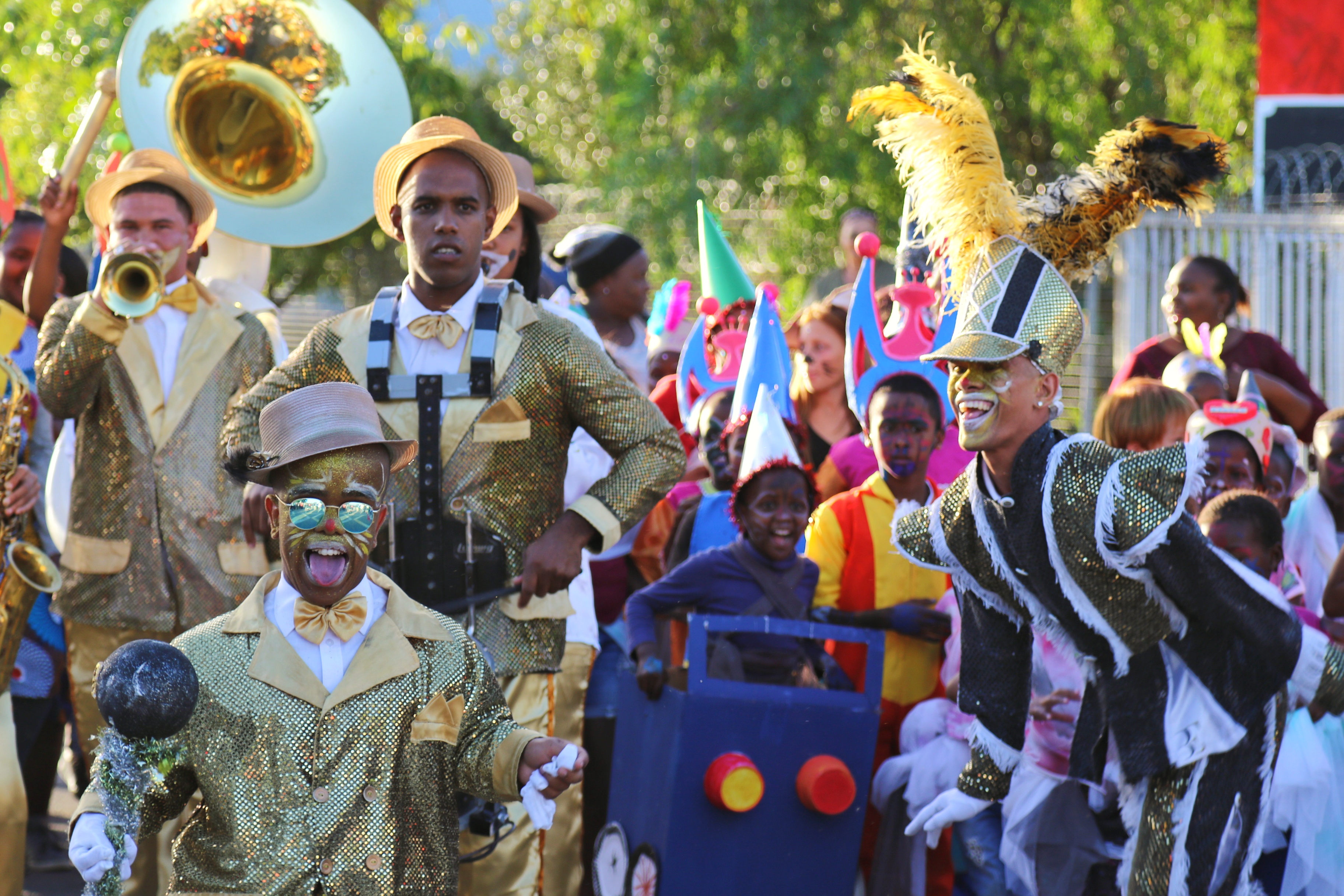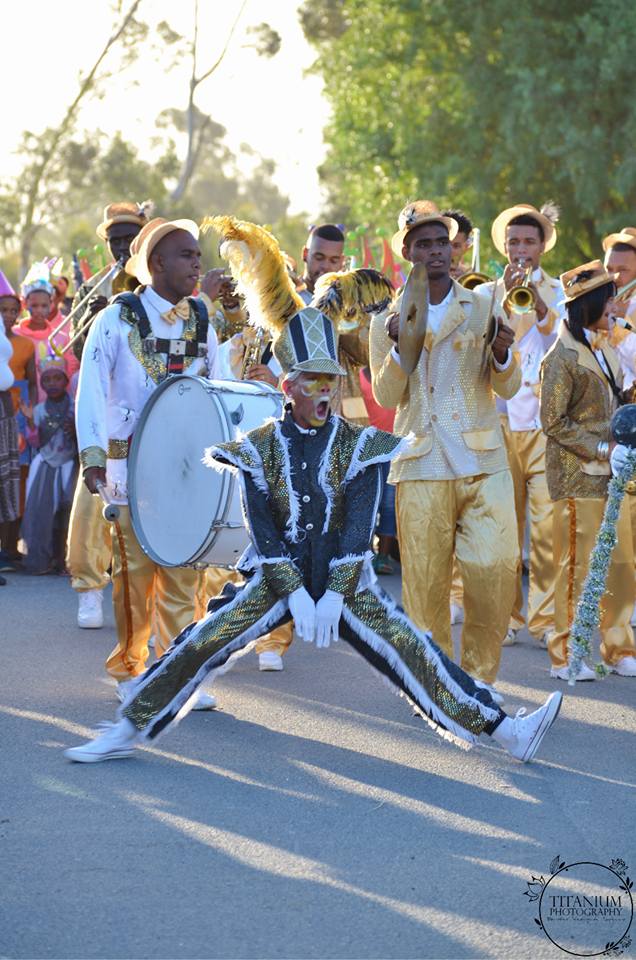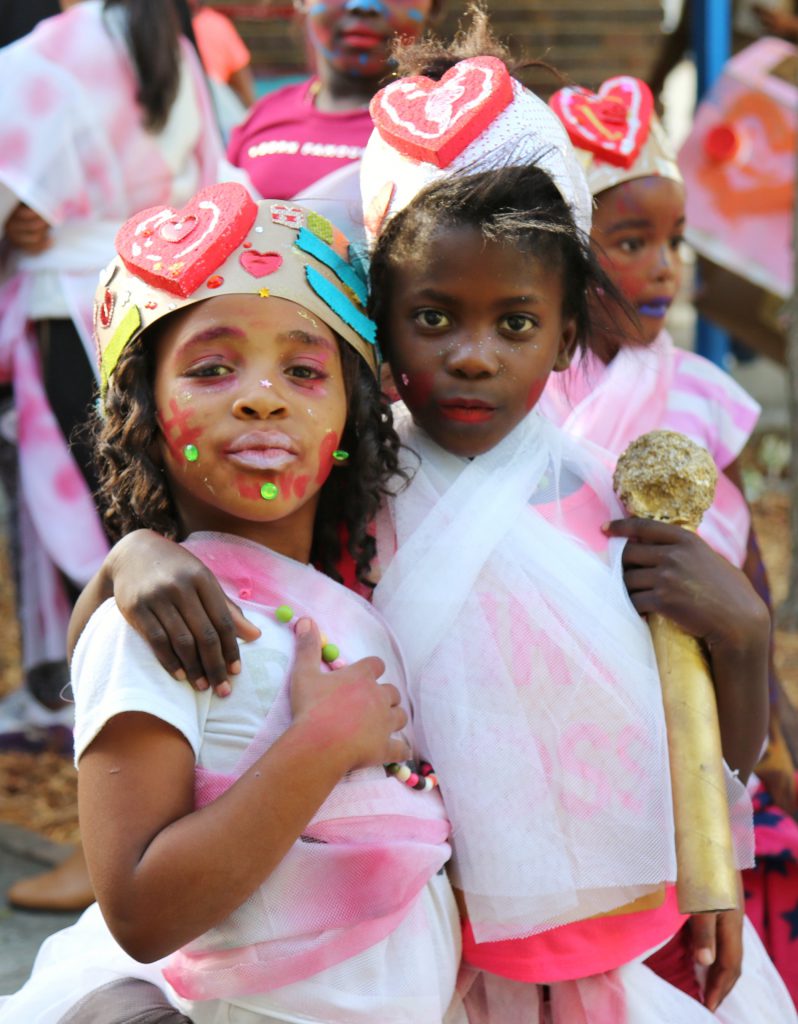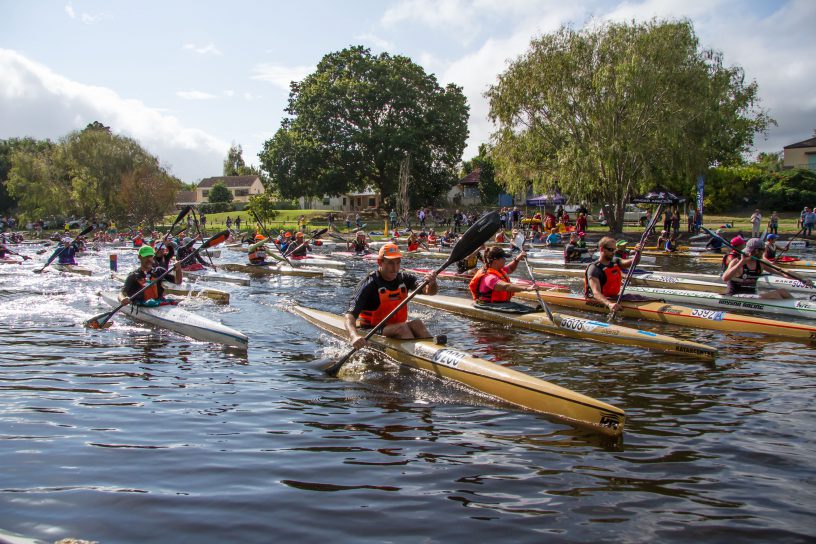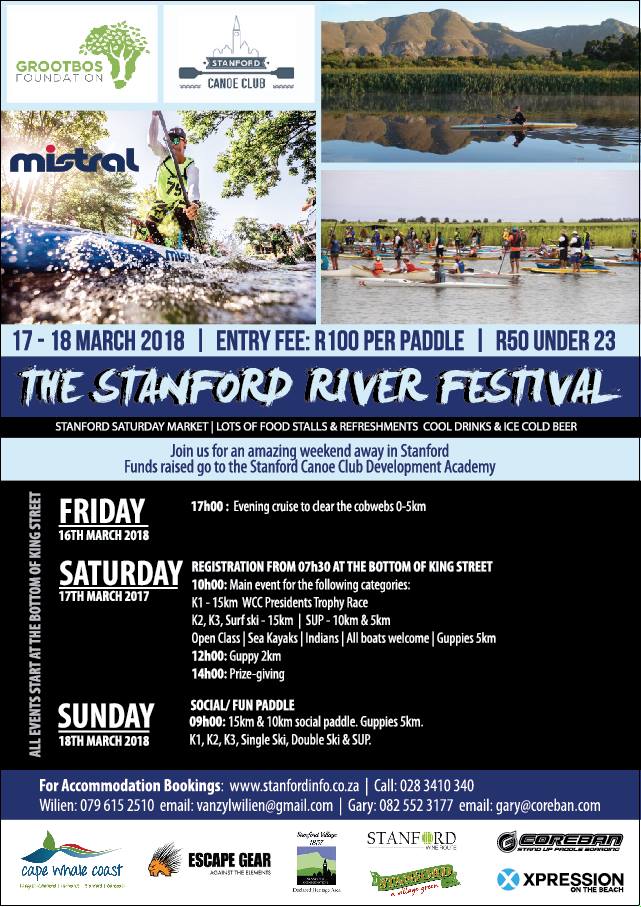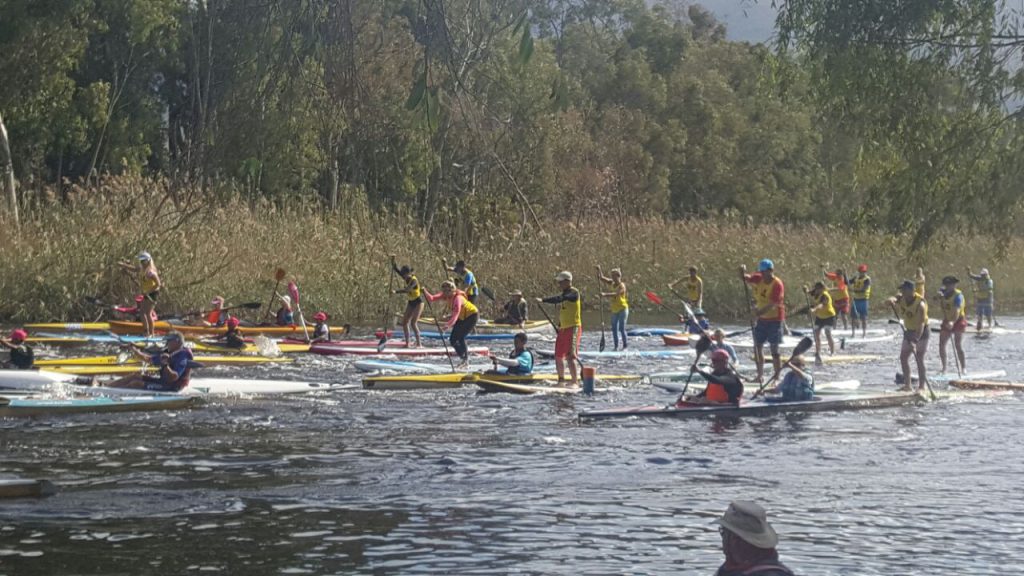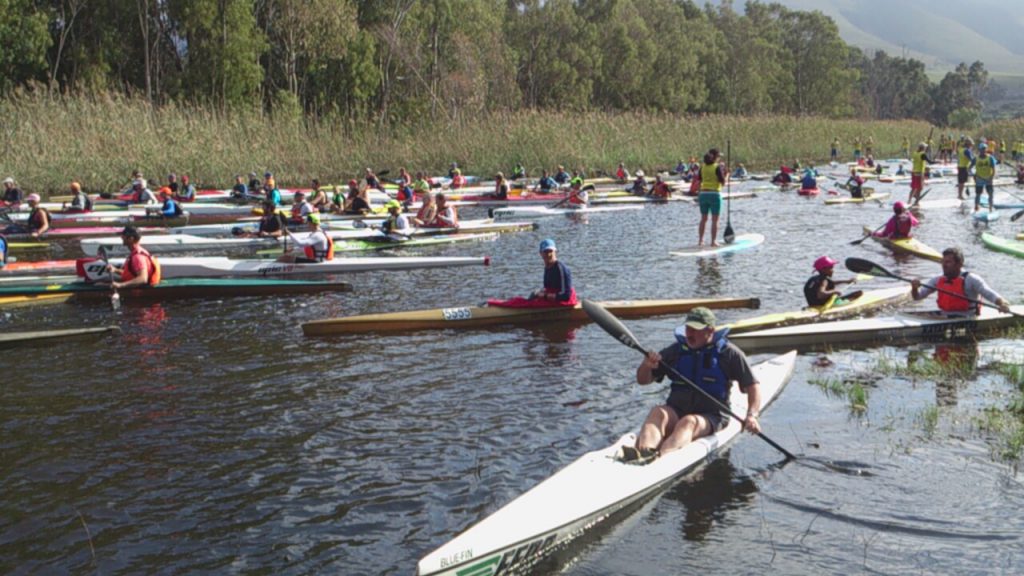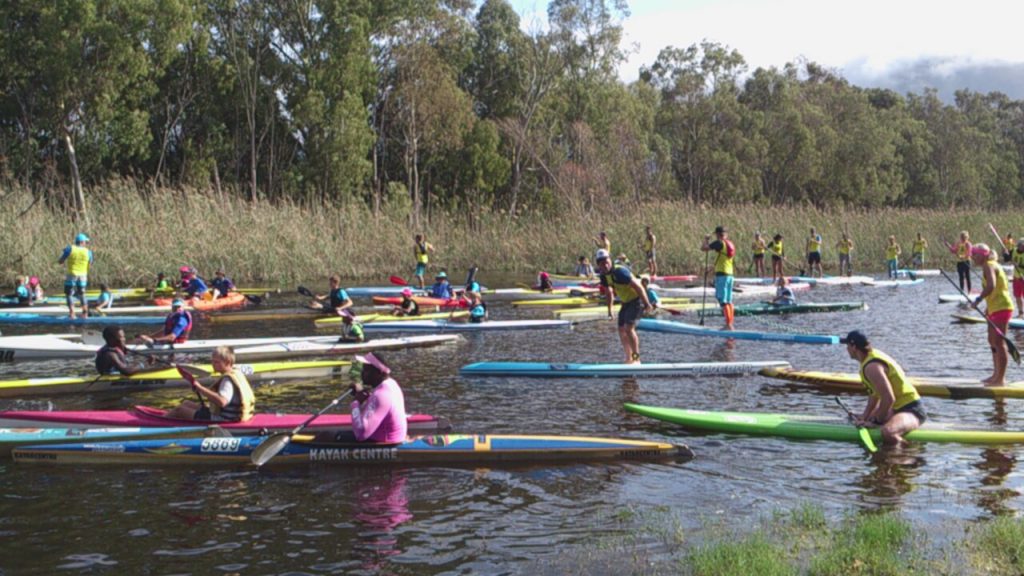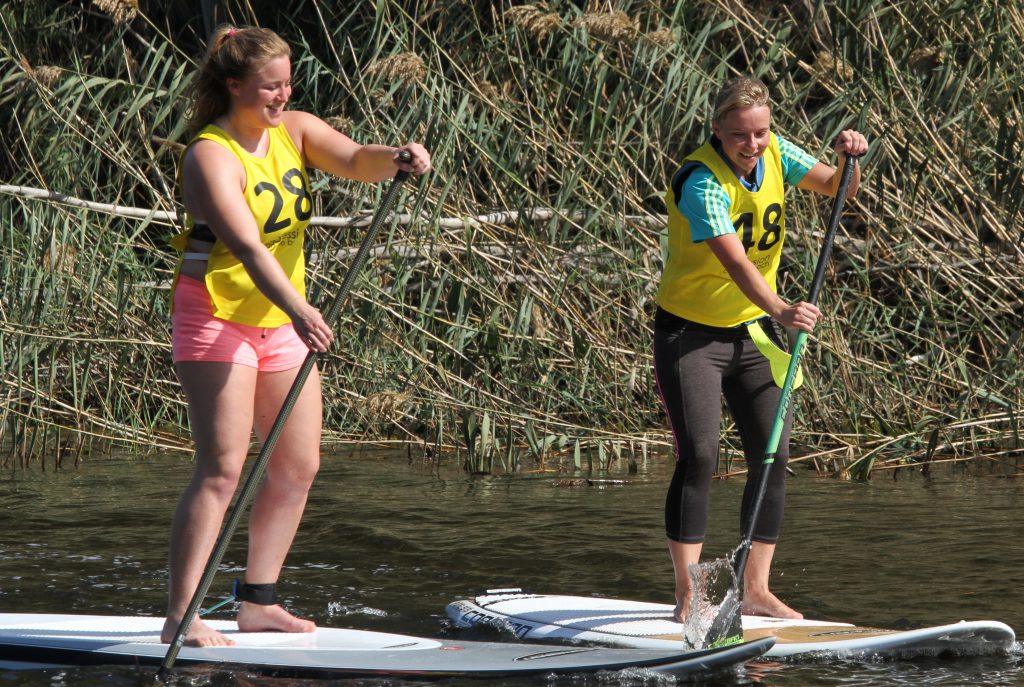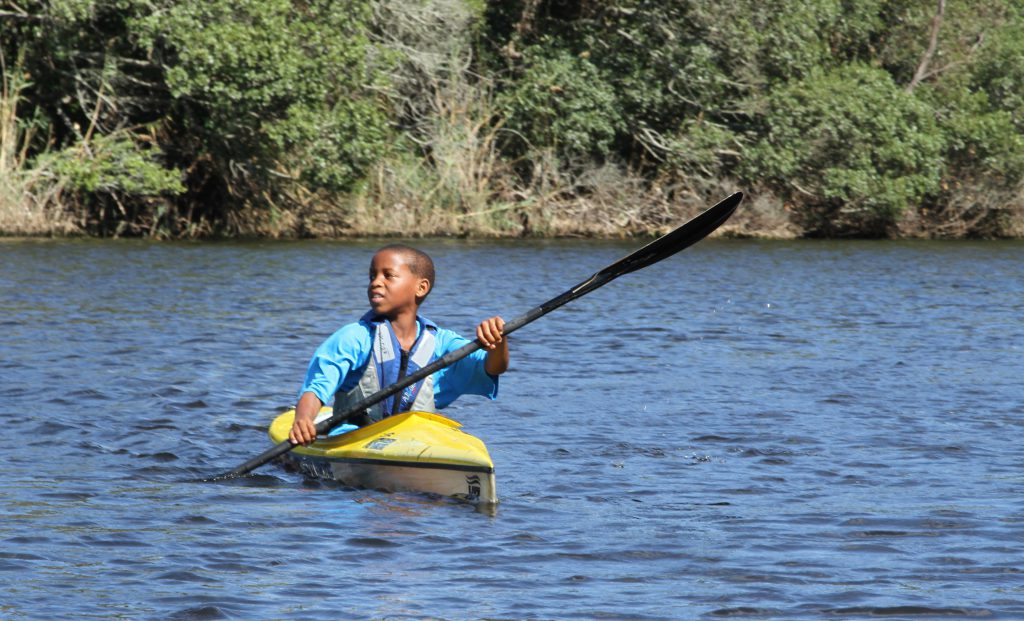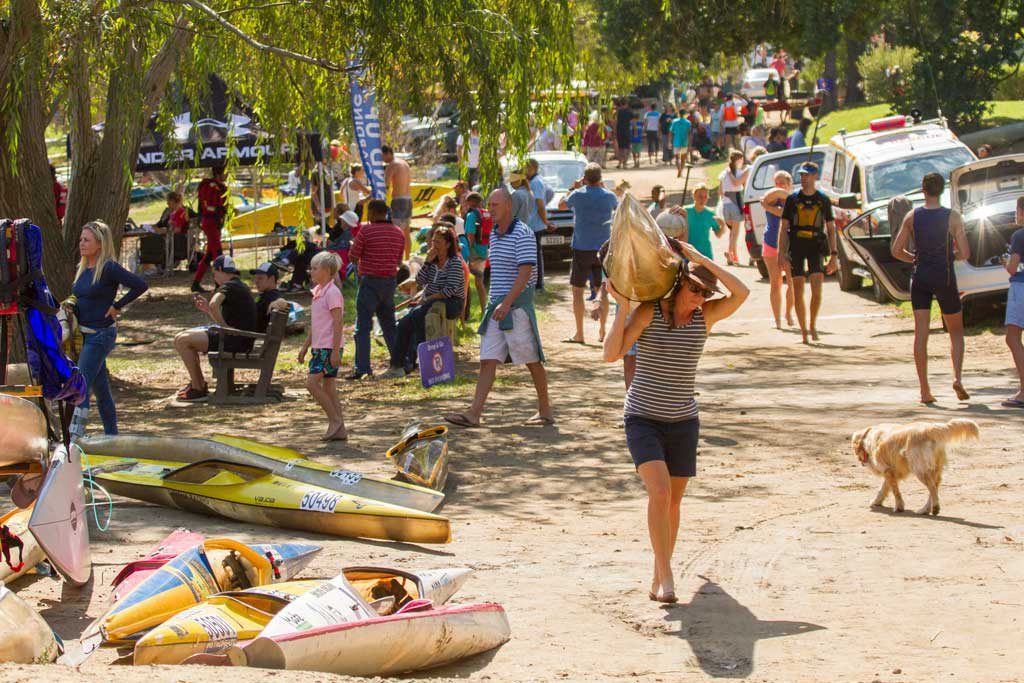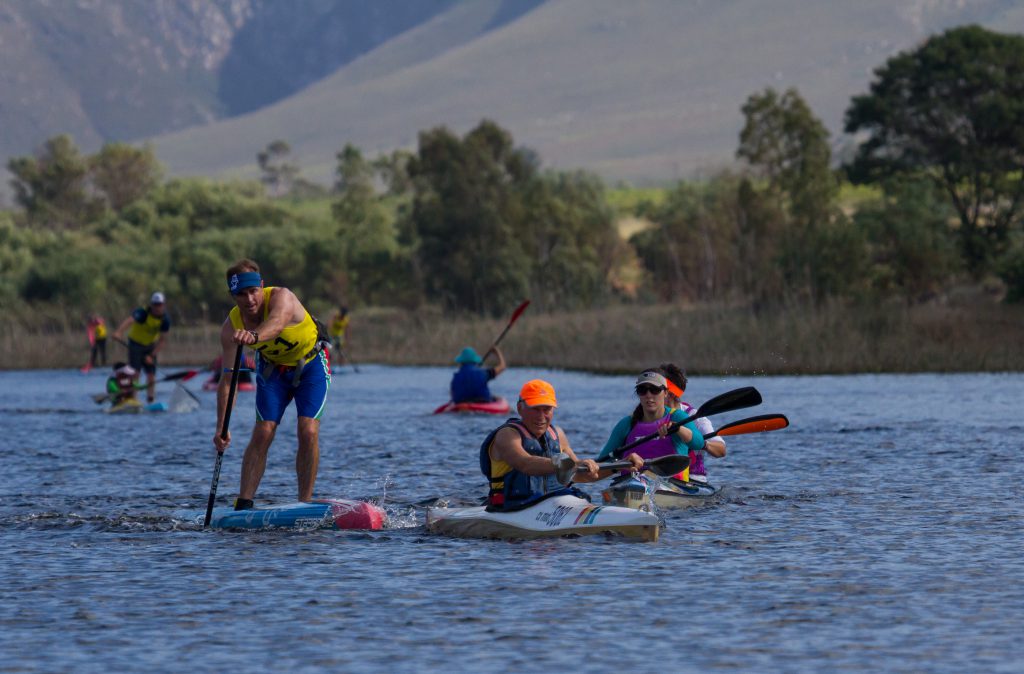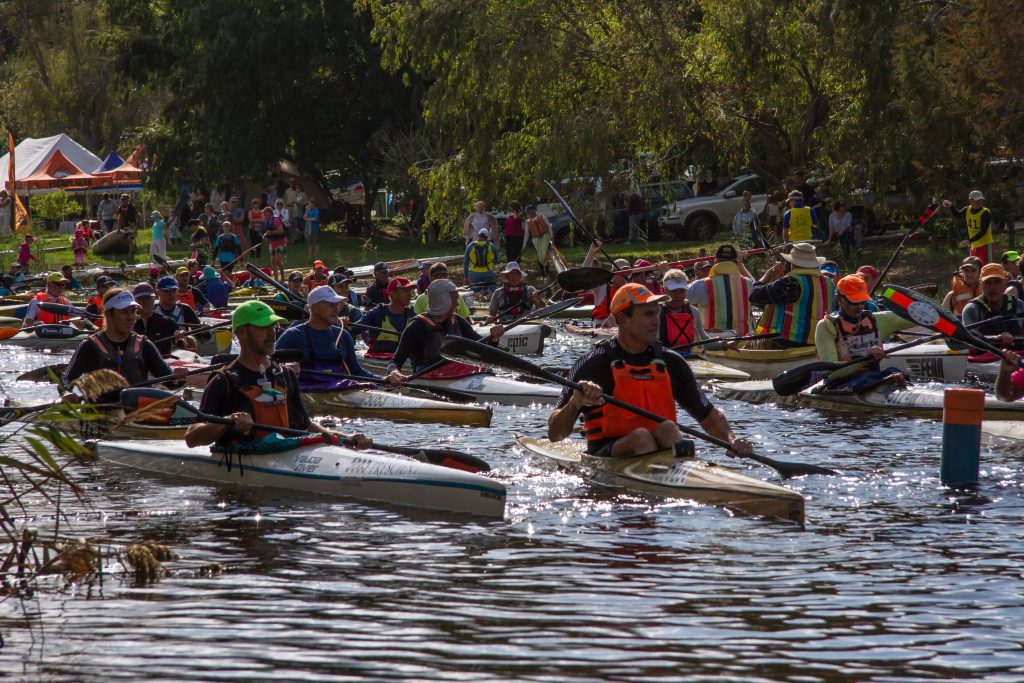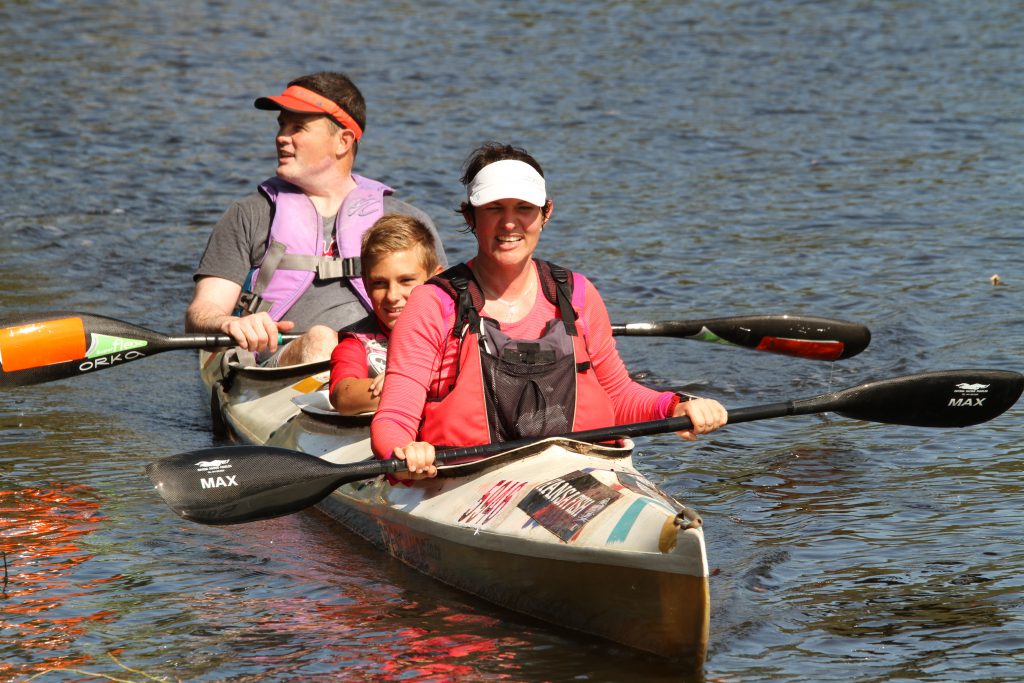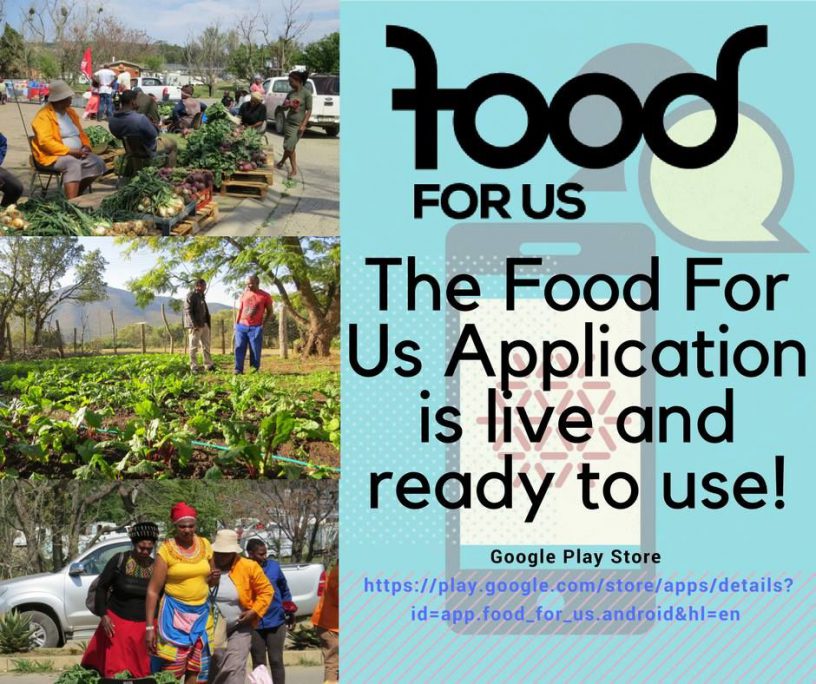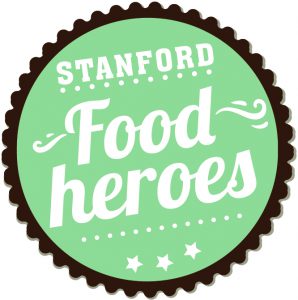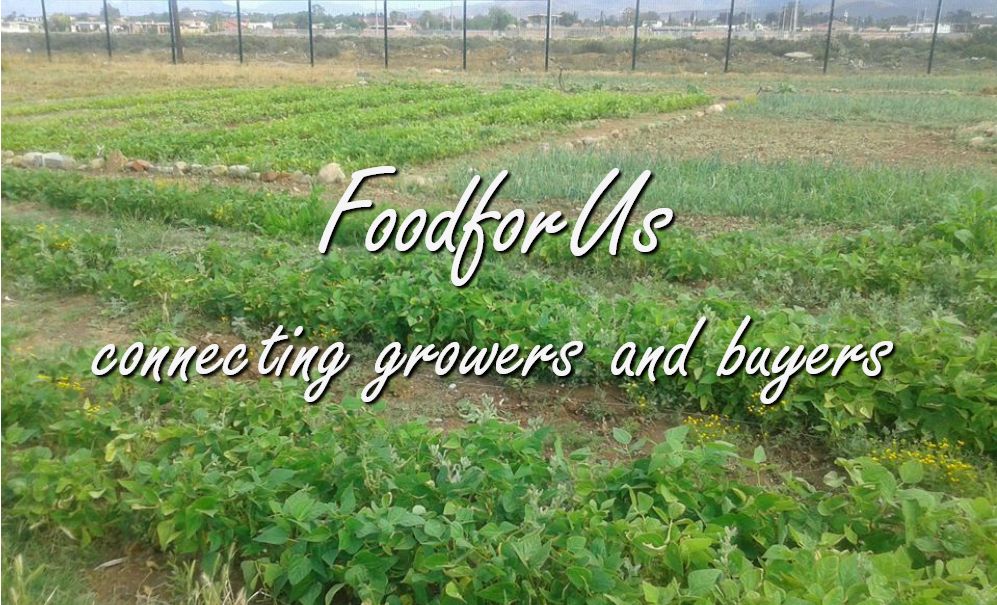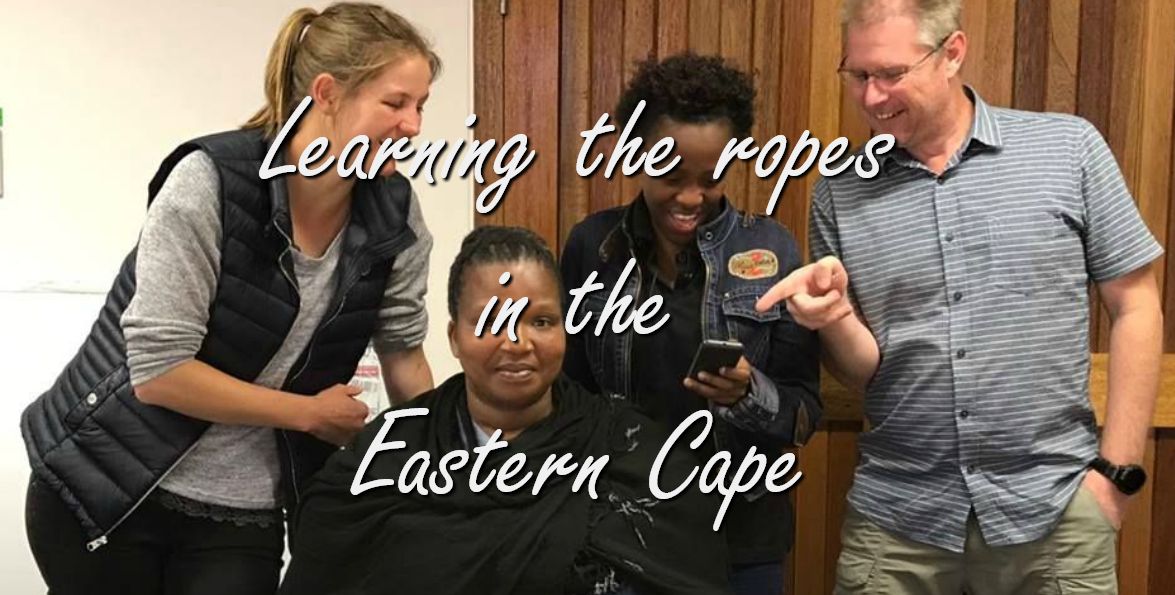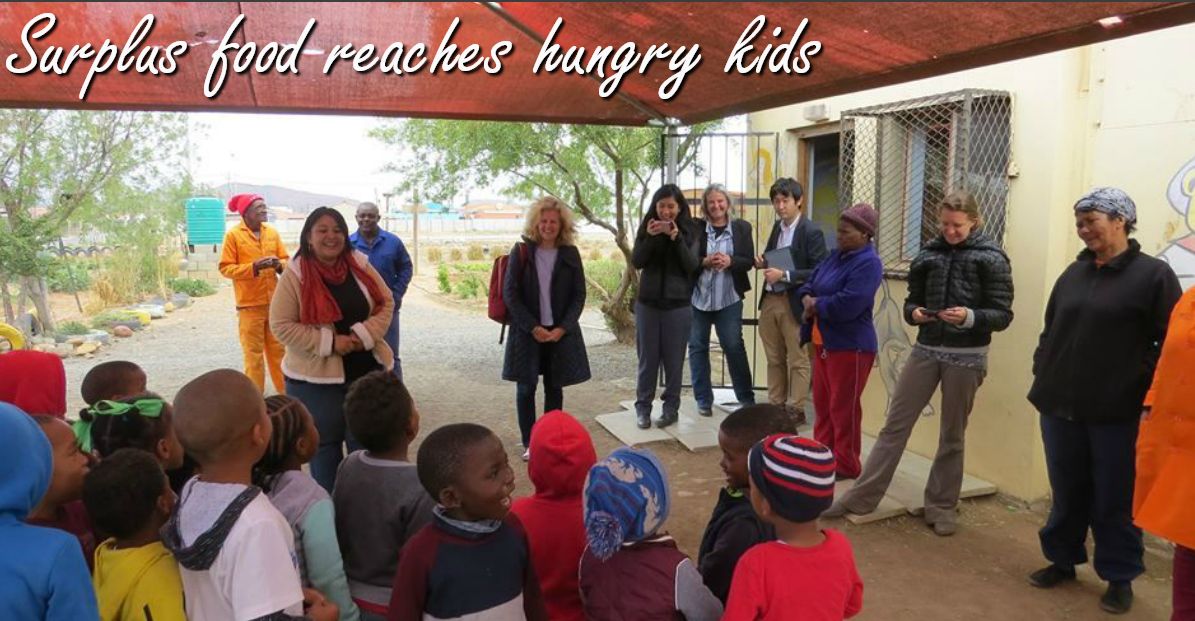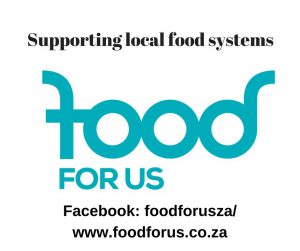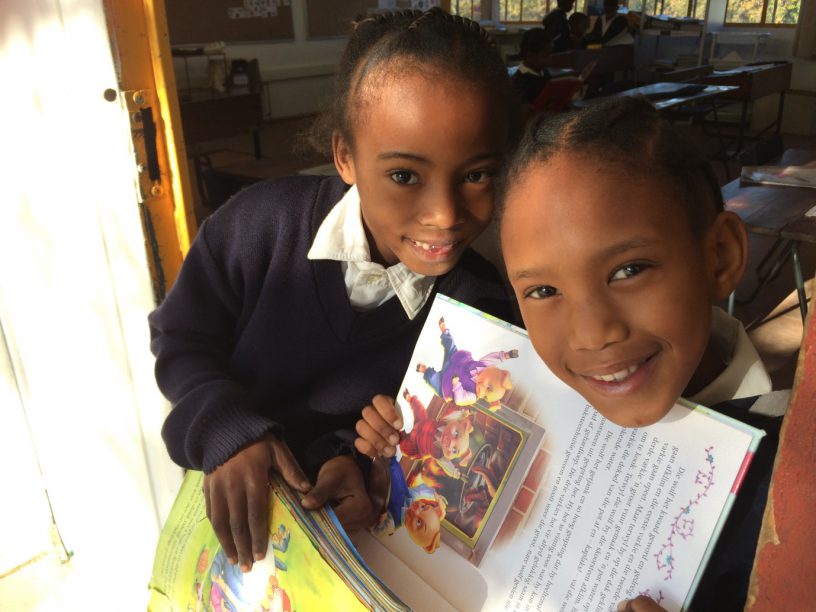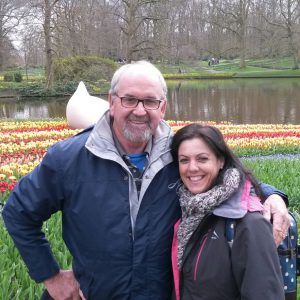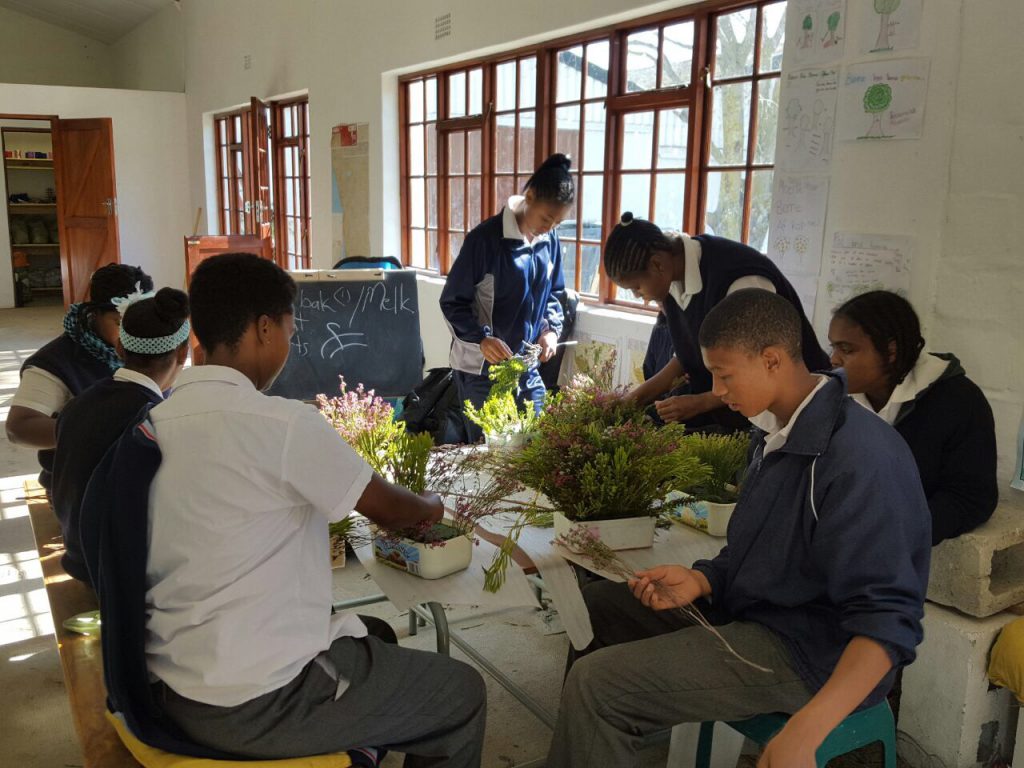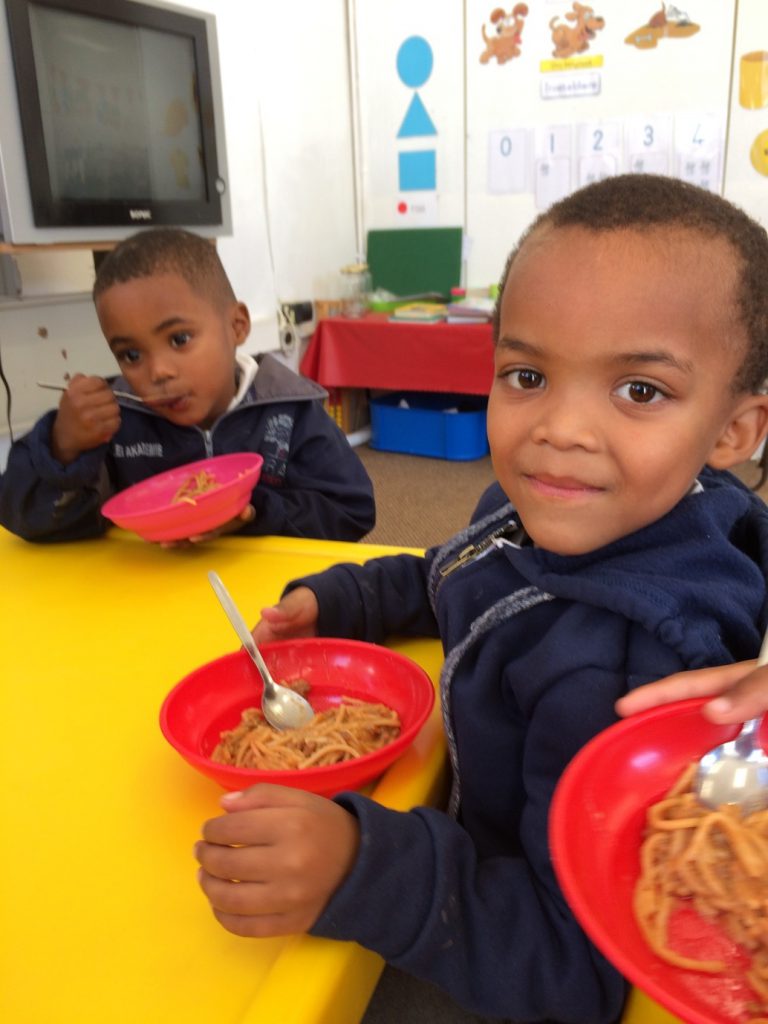There are so many organisations in Stanford doing good work that goes such a long way. This is just one of those stories that we trust you’ll enjoy.
Creative Works aims to promote a nurturing, safe and stimulating environment for children and young adults to explore their creative potential. The Creative Works project was founded in 2012 by Regina Broenner, a qualified Occupational Therapist who offered after school workshops in the local community with the support of David Krut Projects and local community mothers.
In collaboration with Star Literacy, they have started distributing their Small Book and Toy Libraries into the communities and to date, there are 7 boxes in homes in the streets of Stanford and Masakhane.
They are aiming to place one hundred of their libraries into the under-resourced communities in Stanford and Masakhane as well as in the farming communities of the general Overstrand region, as soon as possible.
Did you know, in 2016 (four years ago) the Overstrand statistics recorded 7,665 households reliant on free services and 20,410 children under the age of 14 years old, these figures do not include Masakhane.
This is really something to think about.
With Star Literacy, they have filled large boxes with educational books, puzzles and toys suitable for children from 5 to 13 years old and the custodians of their small mobile book and toy libraries are parents, caretakers, grandparents or young adults living in the streets of Stanford and Masakhane.
The custodians receive training on how to manage the mobile libraries and how to present the books and toys to the children to maximize the benefit to the children.
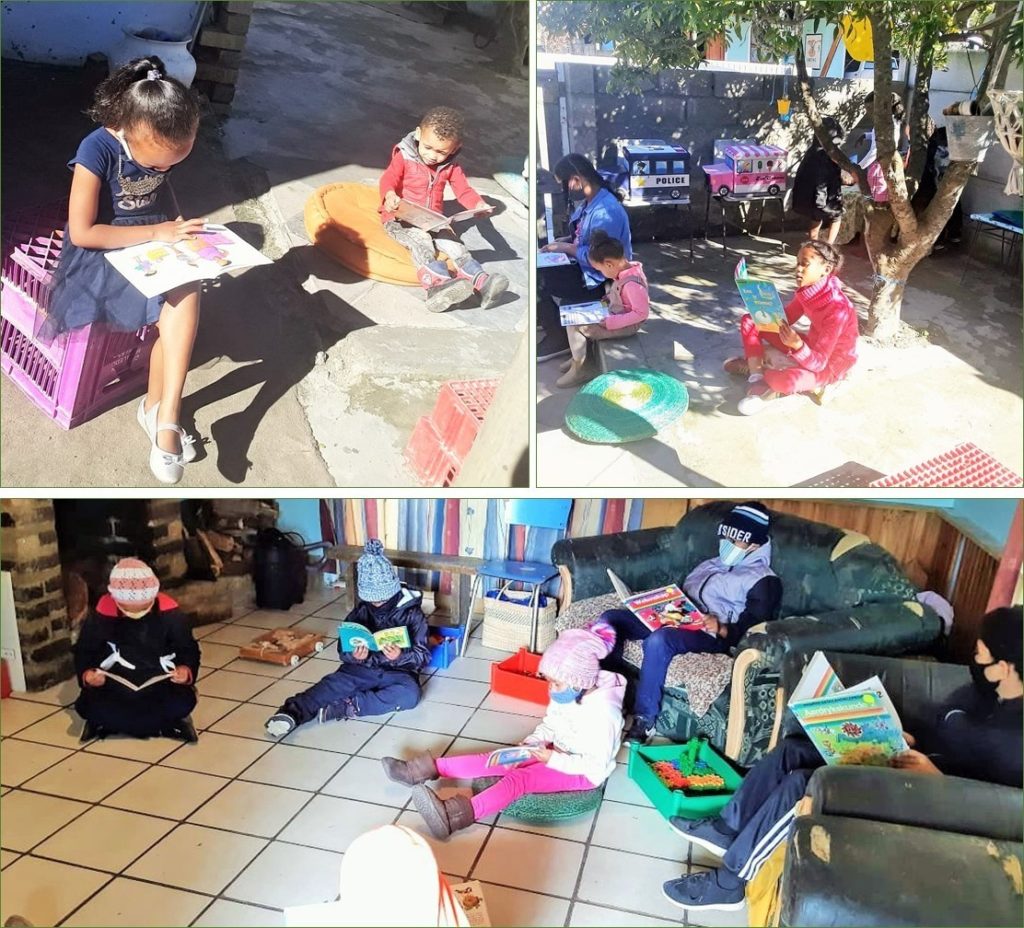
Children have started Reading Clubs. Here are 2 that have started up in Stanford.
They have also put copies of their Creative Skills Factory activity resources into each library for the children to borrow and enjoy the activities at home with their parents or caregivers.
Their resources are available to download and print from their website, www.creativeskillsfactory.co.za
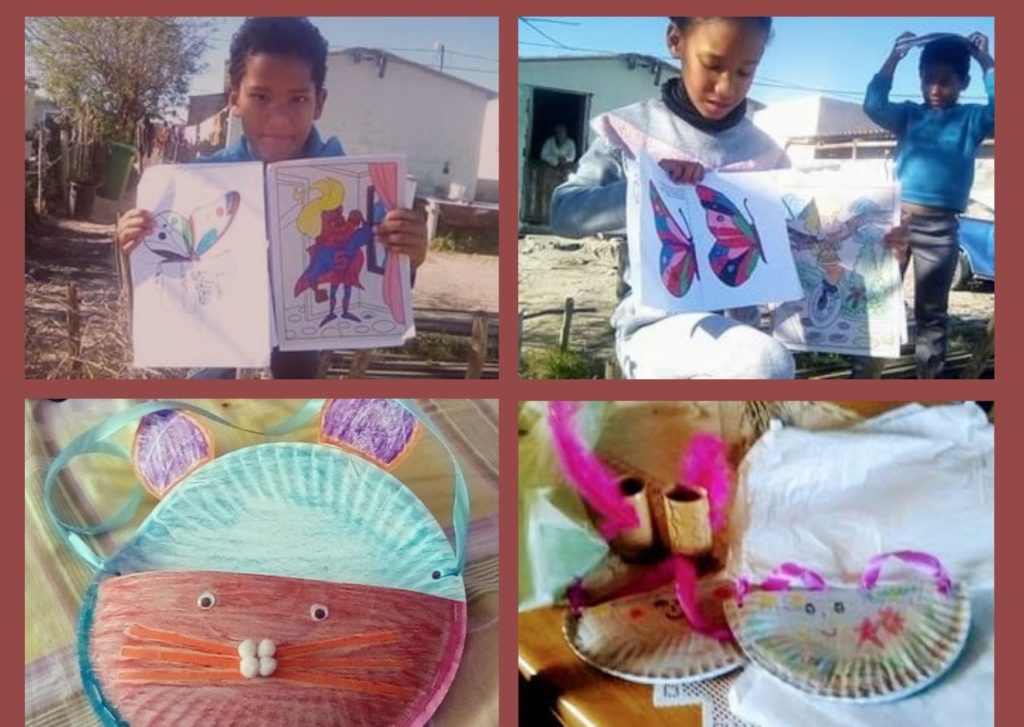
Follows is a little story written by Ethan who lives in Stanford and one of the children who participated in the Creative Works activities every day during the COVID-19 Lock Down, we bring you a story.
Written at home by Ethan during Lock Down
THE RUBBISH!
Hundreds of people came to see the zoo each year.
When they left, there was always rubbish everywhere.
“Come on animals” said the Keeper, “time to clean the rubbish”.
The animals grumbled amongst themselves.
“Rubbish gives me a pain in the neck” said the girraffe.
“Rubbish gives me the humps” said the camel.
“Rubbish makes me hopping mad” the kangaroo replied.
“Rubbish drives me bananas” said the chimpanzee.
“It makes me squirm” said the snake.
“I can’t bear it” said the koala.
“You’re right” said the hookadaburro.
“It’s no laughing matter”
The Keeper heard the grumbling. “We’ve got a problem” he said, “but I don’t know how to fix it”.
The Keeper got some board and some paints and made a huge sign; “Don’t rubbish our zoo!!”
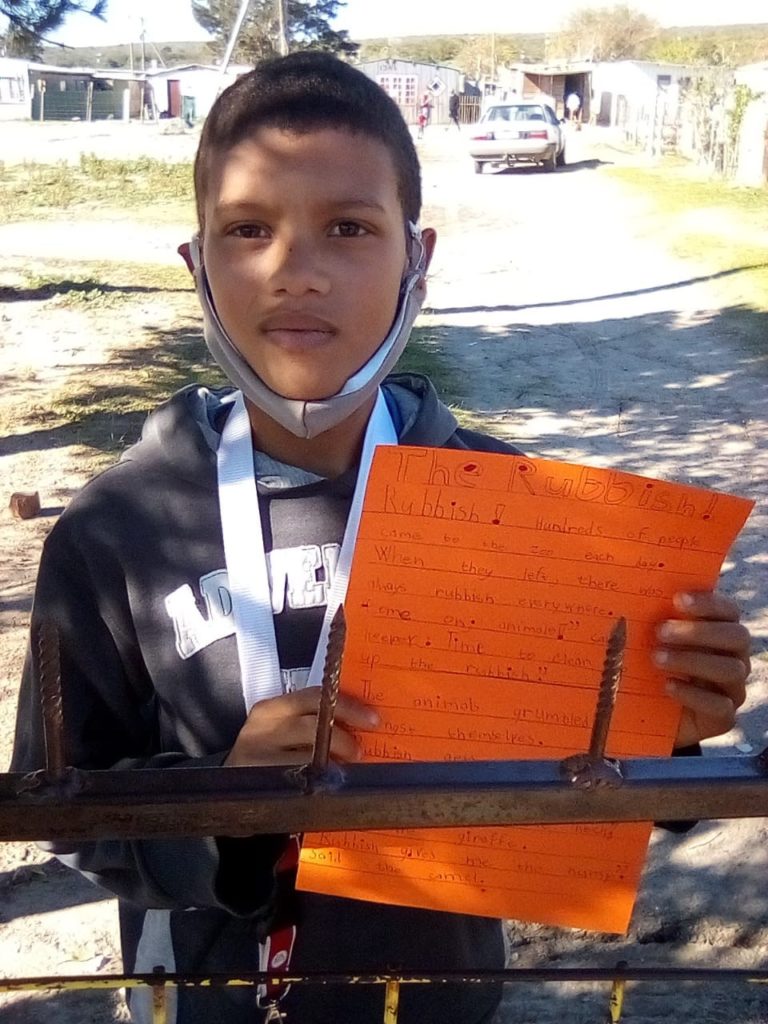
And with World Clean Up day on 19 September isn’t this just the most appropriate and relevant poem ever?!
During the month of July Creative Works handed out 1,571 activity packs to the children in our communities – 1,013 in Stanford and 558 in Masakhane.
These packs were handed out by their facilitators from their homes every day of the week and in the packs are activities specially prepared for the children to do safely in their own home.
Their amazing team: Tuliswa (Stanford), Bulelwa and Nombulelo (Masakhane), Nicole and Rachel (Stanford)
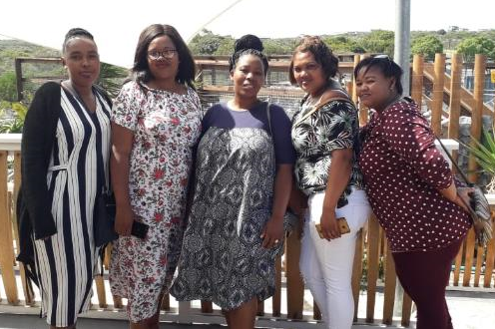
Donations of educational books, children’s story books, paper, crayons, puzzles and games for their libraries, anything you think a child would enjoy – would be greatly appreciated. Everything is appreciated and used!
Link: https://www.payfast.co.za/donate/go/creativeskillsfactory
